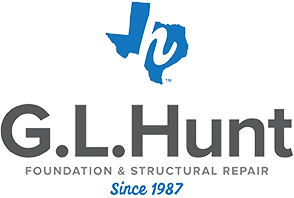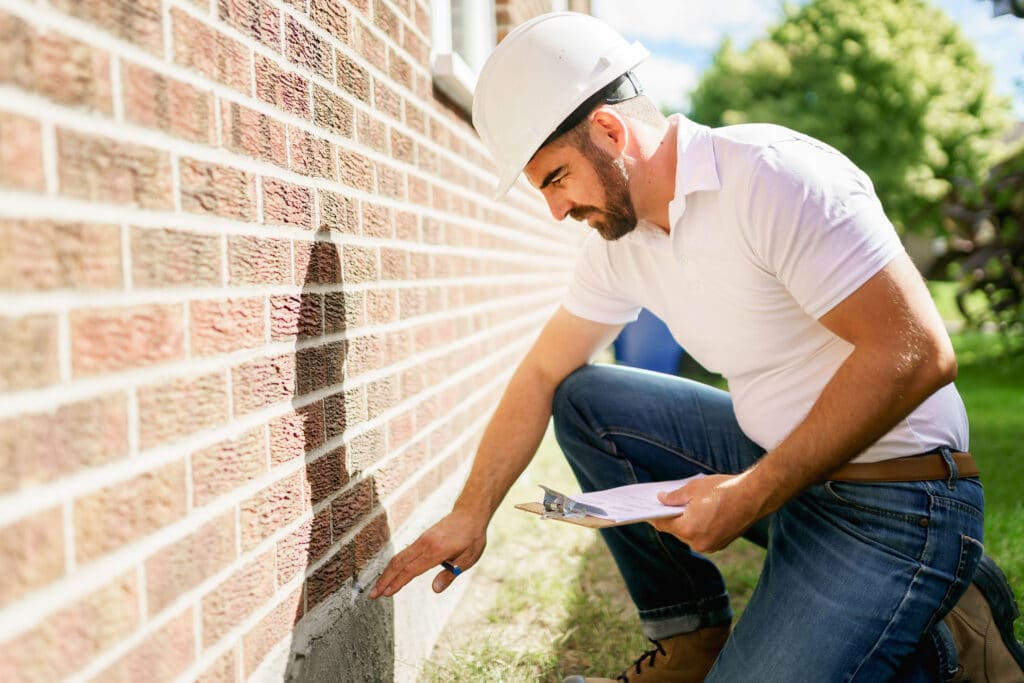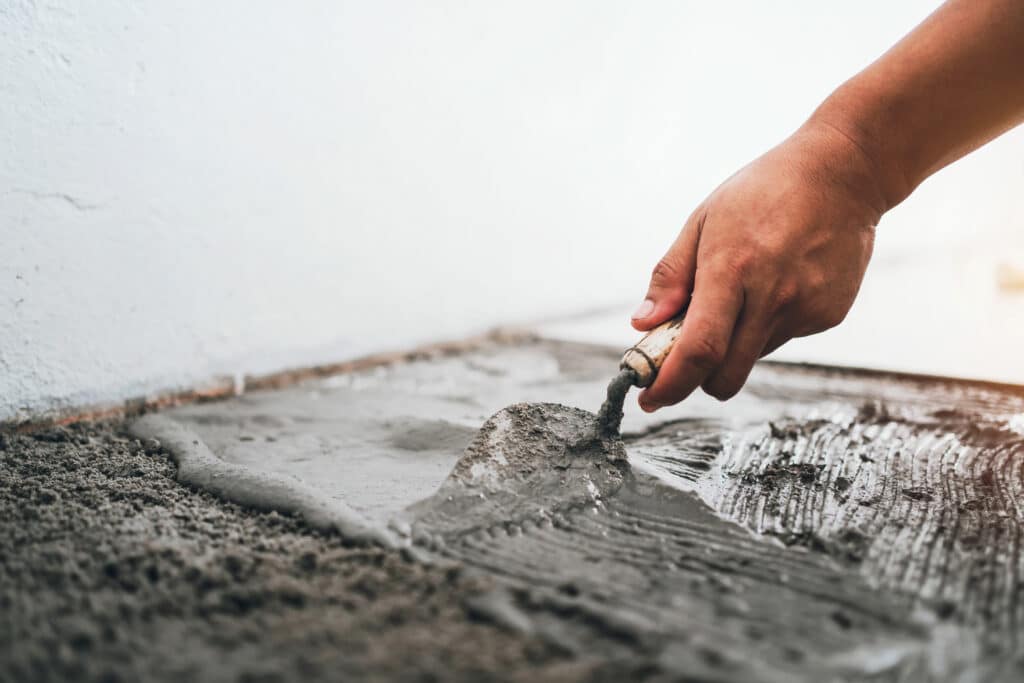Common Causes of Foundation Problems in Fort Worth
Some frequent reasons why Fort Worth homeowners deal with foundation woes include:
- Standing water: Pooling water around your home can be menacing to your foundation's integrity, especially when it collects in areas your gutter system doesn't cover.
- Aging plumbing: While many Fort Worth homes are fairly new, some still use cast-iron plumbing. When the pipes start eroding, leakage could reach your foundation and even pool beneath it.
- Improper modifications: Roofing or landscaping work that wasn't done to standard could result in your foundation settling.
- Tree Roots: Tree roots can enter a home's foundation through cracks, and may create stress that results in your foundation breaking, pipes being damaged, and overall structural destabilization.
How to Choose the Best Foundation Repair Company
Choosing a foundation company doesn't have to be complicated. We encourage you to jot down what you expect most in a contractor, then evaluate each provider on your list against these characteristics.
Licensing and Experience
In Texas, local governments can choose to require contractor's licenses. Even some major cities do not require licensure to alter or repair foundations. We recommend contacting your local officials to learn more about contractor and building standards. To further understand your contractor's experience, we recommend asking questions about how its team will draft plans and pull permits, what local codes apply to your project, and how the company inspects foundations.
Another way to evaluate a company's standing is to examine its website. There, you can learn how long it's been in business and its trade accreditations. It might also share insights and knowledge through blog posts, podcasts, or videos.
Customer Reviews
We recommend examining the company's Better Business Bureau (BBB) profile to determine whether it's accredited and has a positive customer review score. You can see whether other homeowners have shared satisfaction or filed complaints. Pay special attention to what customers say about company warranties. Complaints aren't necessarily a red flag in themselves. You want to discover how a company handles them. If the management team consistently and proactively resolves issues, it's a good sign. However, if the company lacks accreditation, has an abundance of negative feedback, and doesn't communicate properly, you should think twice about working with it.
Lastly, we suggest you search additional sites, including Trustpilot and Google, for additional feedback.
Foundation Repair Cost in Fort Worth
The price of foundation repair can differ quite significantly depending on the degree of the issues and what's needed to resolve them. For minor foundation fissures and settling concerns, you may pay as little as $1,900. However, if there is significant damage, the normal cost lands at about $3,100. More intricate projects involving tunneling, helical piers, or major mudjacking could cost upwards of $6,900. See below the average foundation repair costs for common issues.
| Common Foundation Repair Services | Average Cost |
|---|---|
| Crack Repair | $368 |
| Leak Repair | $2,989 |
| Stabilization | $5,199 |
| Underpinning | $1,410 |
| Waterproofing | $3,305 |
Ready to Get a Quote on Your Foundation Repair Project?
Please enter a valid 5-digit zip code!
Frequently Asked Questions About Foundation Repair in Fort Worth
What will I pay to repair my foundation in Fort Worth?
When do I need to waterproof my foundation?
Note that there are two kinds of waterproofing. Interior waterproofing involves installing drains and sump pumps or using sealants around a cellar. Exterior waterproofing is usually less expensive. It involves installing exterior drains and establishing physical barriers between your foundation and yard.
How long does foundation repair usually take?
Will foundation repair disrupt my daily routine while the work's being done?
To share feedback or ask a question about this article, send a note to our Reviews Team at reviewsteam@thisoldhousereviews.com.
More Foundation Resources
National Foundation Repair Ranking Methodology
Sources
U.S. Census Bureau (American Communities Survey)
















